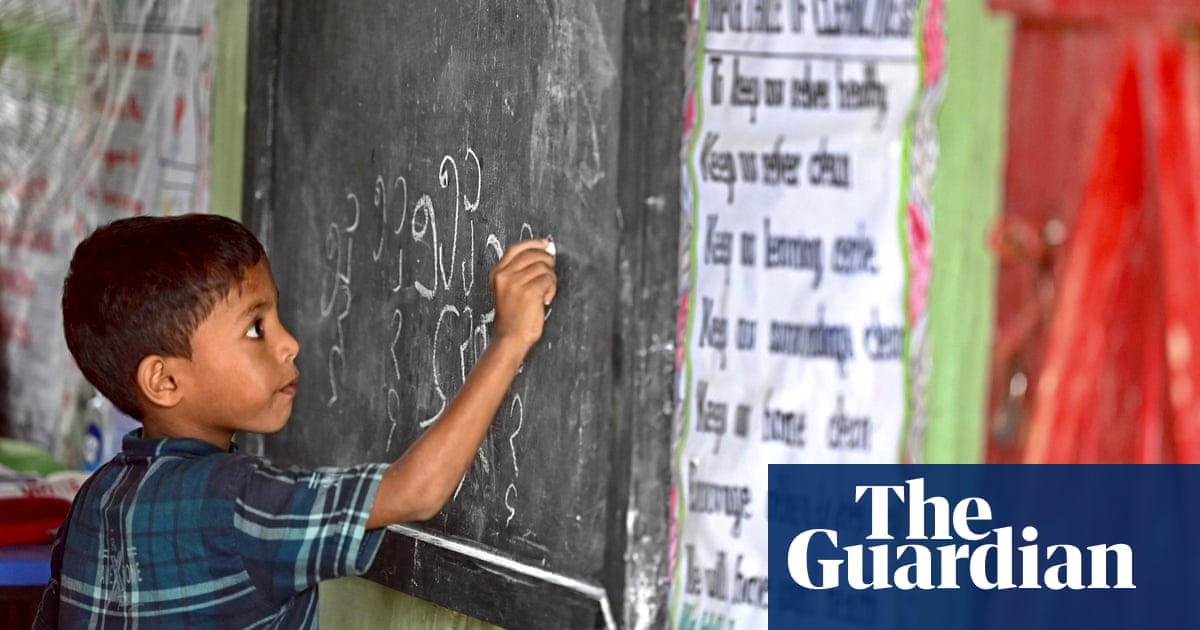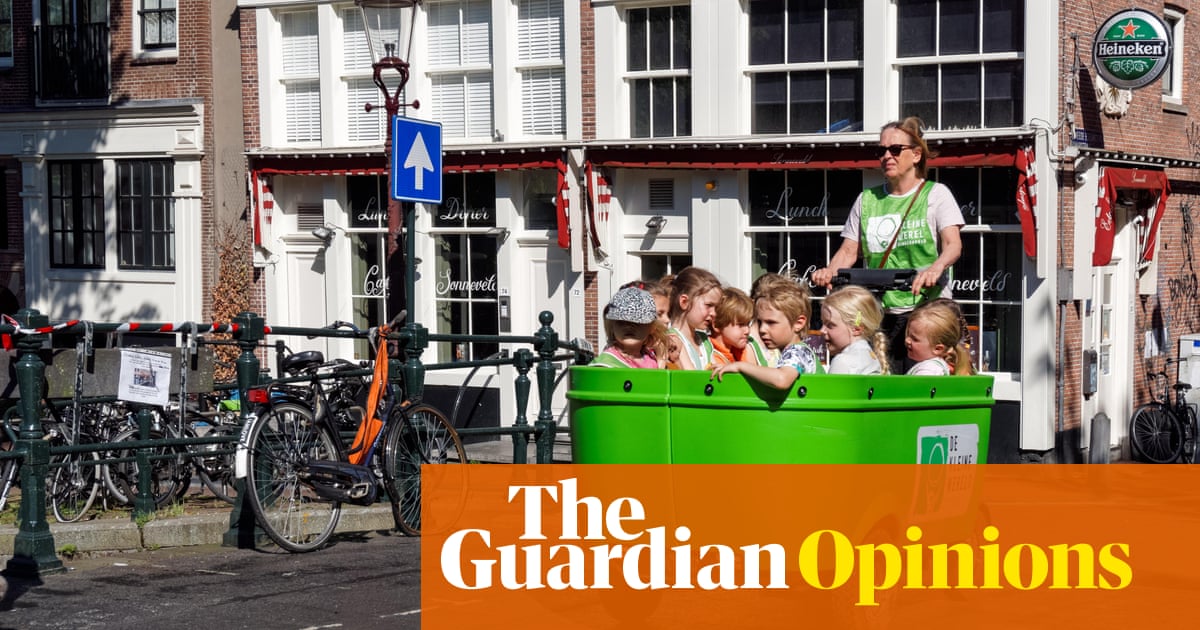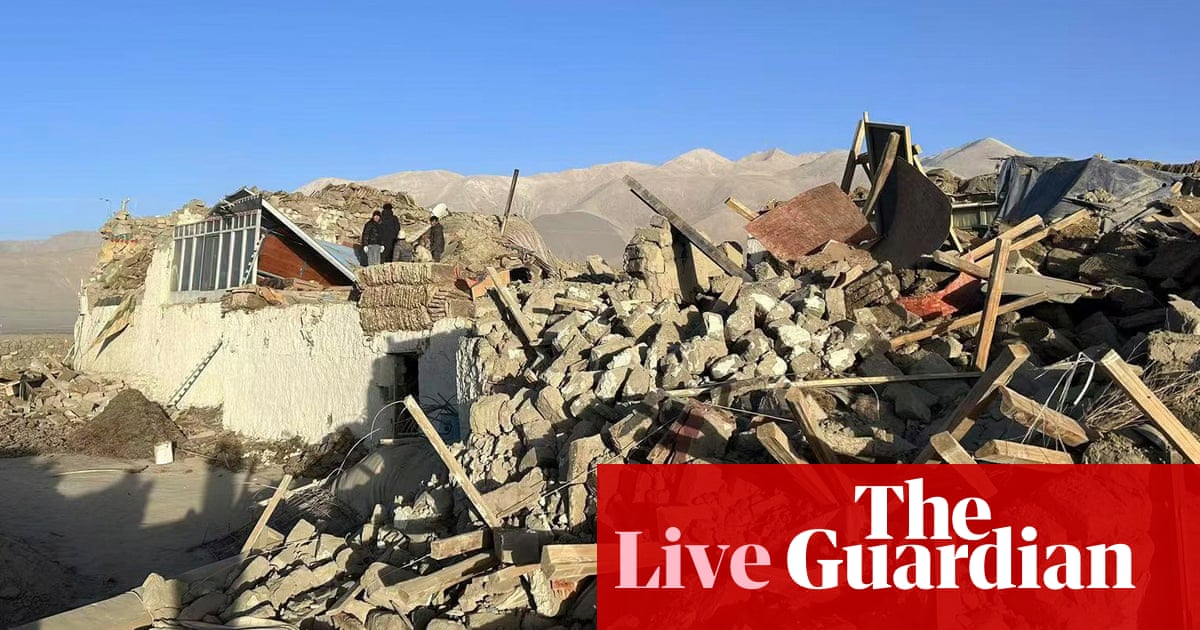Miscarriages, premature babies and harm to mothers caused by the climate crisis are a “blind spot” in action plans, according to a report aimed at the decision-makers who will attend the Cop29 summit in November.
Potential collapse of the Amazon rainforest, vital Atlantic Ocean currents and essential infrastructure in cities are also among the dangers cited by an international group of 80 leading scientists from 45 countries. The report collects the latest insights from physical and social science to inform the negotiations at the UN climate summit in Azerbaijan.
“The world faces planetary-scale challenges, from the rise of methane emissions to the vulnerability of critical infrastructure,” said Prof Johan Rockström, a co-chair of Earth League, one of the groups behind the report. “The report shows that rising heat, ocean instability and a tipping of the Amazon rainforest could push parts of our planet beyond habitable limits. Yet it also provides clear pathways and solutions, demonstrating that with urgent, decisive action, we still can avoid unmanageable outcomes.”
The report follows an ultimatum from the UN secretary general, António Guterres, on the climate emergency: “We’re playing with fire, but there can be no more playing for time. We’re out of time.” He said global heating was supercharging monster hurricanes, bringing biblical floods and turning forests into tinderboxes, and said governments had to rapidly wean the world off its fossil fuel addiction.
Increasing climate extremes are causing more lost babies, premature births and cognitive damage to newborns, the report said. For example, a study in India found a doubled risk of miscarriage in pregnant women suffering heat stress, while another in California found a significant association between long-term heat exposure and stillbirth and premature birth.
Flooding is responsible for more than 100,000 lost pregnancies a year in 33 countries in South and Central America, Asia, and Africa, according to another study, with the danger highest for women with lower income and education levels. Rising heat also increases the intimate partner violence suffered by women, a south Asian analysis found.
However, only 27 out of 119 national climate plans submitted to the UN include action related to mothers and newborns, making this a major “blind spot”, the report said.
“Global temperature records continue to break, exacerbating threats to maternal health,” said Prof Jemilah Mahmood at the Sunway Centre for Planetary Health in Malaysia. She said the breakdown of healthcare services, sanitation and food supplies during extreme weather compounded the problems for pregnant women.
“Preparedness for heat extremes, including early warning systems, must be a priority,” she said. “Without action, the consequences could be catastrophic.” The report cites recent analysis that found global heating would drive billions of people out of the “climate niche” of habitable temperatures in which humanity has flourished for millennia.
after newsletter promotion
Fossil fuel emissions are still rising, heating the land and oceans to record highs in the last year, the report said. This heating appears to be making El Niño events more intense, it said, with the impacts potentially causing damage of $100tn by the end of the century.
Recent research on the Atlantic meridional overturning circulation has documented its slowdown and suggested the system of ocean currents could collapse much sooner than previously estimated. “Such an event would have truly catastrophic consequences for our societies,” the report said.
Similarly, the report said, the resilience of the Amazon rainforest was being eroded, increasing the risk of large-scale collapse, when it would flip from being a sink for climate-heating carbon emissions to a source. Cop29 must bring progress on Brazil’s proposed $250bn-a-year Tropical Forests Forever fund, as well as increased law enforcement against illegal loggers and miners and support for Indigenous peoples, the report said.
The report also cites rapidly rising levels of methane, a potent greenhouse gas, as an urgent issue for Cop29. It said cost-effective solutions existed to stop the leaks from fossil fuel exploitation, but enforceable policy was largely missing.
Today’s infrastructure, including transport, energy and water supplies, healthcare, communications and waste collection, were all built for a climate that no longer exists, it said. Significant funding is needed to prepare this infrastructure for worsening extreme weather, particularly in the global south, and joined-up planning is required. The report also said artificial intelligence could help deliver more robust, more efficient and better-adapted solutions.
The key goal of the Cop29 summit is to agree a new target for the finance available to countries to cut emissions and to deal with the ever-growing damage caused by global heating, with many nations calling for a goal of $1tn a year.
The fast-growing demand for the energy transition metals essential for clean energy technology is highlighted in the report. Mining and supply of the metals, such as copper, lithium, cobalt and rare earths, needs better governance to protect people and the environment, it said.
The final factor emphasised by the researchers is fairness in climate policies. The rich produce far greater emissions than the poor, and policies that seem unfair often meet with resistance and fail, the report said, such as the fuel tax rises that prompted the gilets jaunes (yellow vests) protests in France in 2018.
“Ignoring citizens’ readiness and needs when designing and implementing climate policies will ultimately lead to many missed opportunities,” said Prof Joyashree Roy of the Asian Institute of Technology in Thailand.

.png) 2 months ago
22
2 months ago
22













































